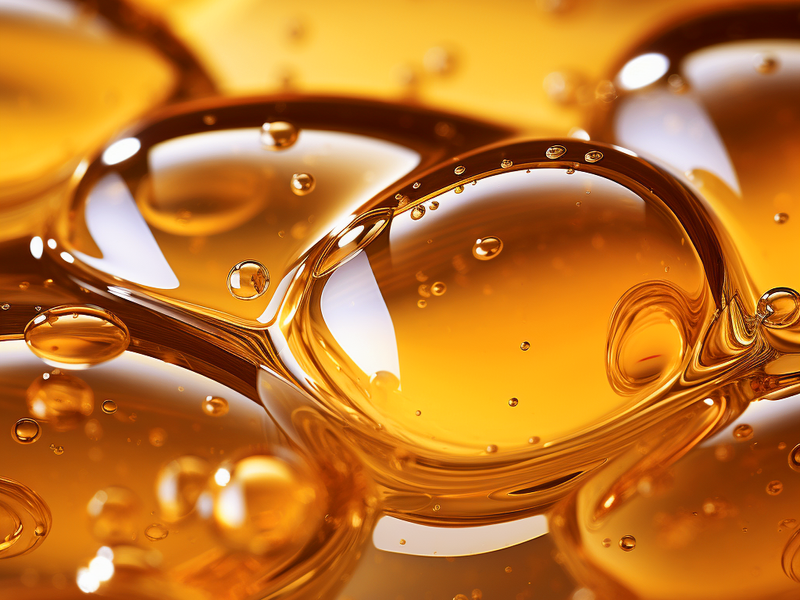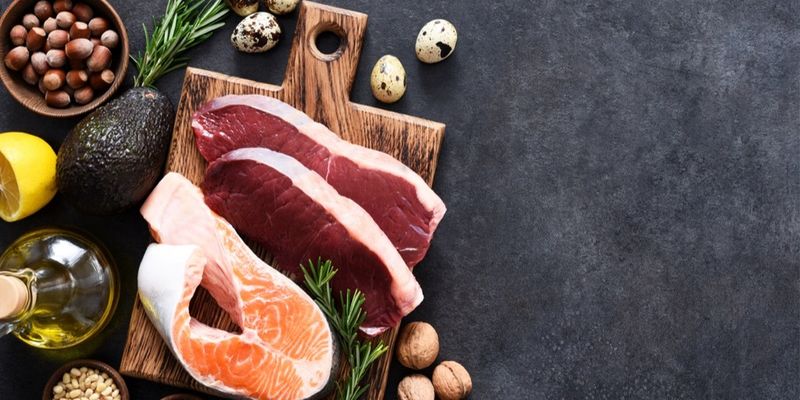
Vitamin B Complex
- Also known as:
- B vitamins
About
Getting the recommended amounts of vitamins is an important part of a healthy lifestyle and B vitamins are some of the most important vitamins for the body. There are 8 different types of B vitamins and they are responsible for many important functions in your body.
Several of these vitamins are necessary for healthy hormones and to maintain hormonal balance in women, among other things.
In this article, we're going to take a deep dive into the topic and find out what a vitamin B complex is, what vitamin B is good, the vitamin B complex benefits and why these vitamins are so important.
What is vitamin B?
Vitamin B is a group of vitamins that help your body's metabolism work better. These vitamins include:
- thiamin (B1)
- riboflavin (B2)
- niacin (B3)
- pantothenic acid (B5)
- pyridoxin (B6)
- biotin (B7)
- folate (B9)
- cobalamin (B12)
The vitamin B complex makes up 8 of 13 essential vitamins and are all water-soluble (dissolve in water). This means they cannot be stored in the body and must be consumed regularly as part of a healthy diet.

They are found in a variety of foods, so most people get the recommended amounts of these vitamins through diet alone.
However, certain factors may mean that your body needs more B vitamins. If you're unsure whether you're getting enough of these vitamins, it may be a good idea to take vitamin B complex tablets.
What are vitamin B complex benefits?
Vitamin B1: for normal energy metabolism
Vitamin B1 (thiamine) plays an important role in normal energy metabolism and it also contributes to the normal functioning of the nervous system.
Thiamine is found in whole grains, yeast, beans, nuts and meat.
Vitamin B2: reduces fatigue
Vitamin B2, or riboflavin as it is also known, helps convert food into energy. This type of B vitamin also works to maintain normal skin and normal iron metabolism. Riboflavin also helps to reduce tiredness and fatigue.
You can get Riboflavin from natural sources such as nuts, green vegetables, meat and dairy products.
Vitamin B3: one of the body's most important energy sources
We need vitamin B3, also known as niacin, in our diet every day to break down fat, carbohydrates and protein into energy. Niacin has several important functions in your body and contributes to:
- normal functioning of the nervous system
- normal energy metabolism
- to maintain normal mucous membranes
- to maintain normal skin
Legumes, nuts, dairy, poultry, fish, lean meat and eggs are all good sources of this type of vitamin B.

Vitamin B5: for healthy hormones
Like other B vitamins, pantothenic acid helps your body get energy from food and is also involved in the metabolism of steroid hormones. Because it is a water-soluble vitamin, you need to get vitamin B5 every day in your diet or via a supplement.
B5 contributes to, among other things:
- normal energy metabolism
- normal synthesis and metabolism of steroid hormones
- reduce tiredness and fatigue
- normal psychological functioning
You can find vitamin B5 in vegetables from the cabbage family, such as broccoli and kale, as well as avocados. In addition, whole grain products, potatoes and dairy products are good sources of this type of B vitamin.
Vitamin B6: "the women's vitamin"
Vitamin B6 is known as the "female vitamin" and is made up of 3 different chemical compounds called pyridoxal, pyridoxine and pyridoxamine.
Vitamin B6 is important because it contributes to the normal function of the immune system and normal homocysteine metabolism. When you get enough vitamin B6, you also have normal protein and glycogen metabolism.
Above all, it is often women who suffer from hormonal imbalance. It can be a good idea to take pyridoxine, which helps regulate hormonal activity.
Read the article on vitamin B6 here
Important sources are chickpeas, salmon, potatoes and dairy products.
Vitamin B7: for healthy skin and hair
You probably know vitamin B7 by its more popular name biotin. It's a water-soluble vitamin found naturally in some foods and also in supplements.
Biotin is necessary to maintain normal hair and skin, but it also plays an important role in maintaining normal mucous membranes and normal macronutrient metabolism.
Eggs, salmon, cheese and liver are good food sources of biotin.

Vitamin B9: for normal psychological function
Vitamin B9, also known as folic acid or folate, is a nutrient that is necessary for normal psychological function and is also essential for normal blood formation.
It is recommends that pregnant women and women planning pregnancy take a folate supplement. This is because cell formation increases when you are pregnant, leading to an increased need for folate to ensure that the fetus is not harmed. Your doctor can advise you on the correct dosage.
Folate is found in dark green leafy vegetables, asparagus, brussels sprouts, oranges, nuts, beans and peas. In addition, folic acid is added to many foods such as cereals and bread.
Vitamin B12: for the nervous system
B12 (cobalamin) is perhaps the best known of the B vitamin complex. It is essential for the normal function of the nervous system, cell division and the formation of red blood cells.
Cobalamin is naturally found in animal sources such as meat, eggs, seafood and dairy products.
Read the article on vitamin B12 here
Inactive forms of this B vitamin are also found in the diet, especially in vegetables. However, it's important to know that our bodies don't absorb the inactive forms of the vitamin, so for vegans, vitamin B12 supplements or sufficient amounts of B12-fortified foods are essential.